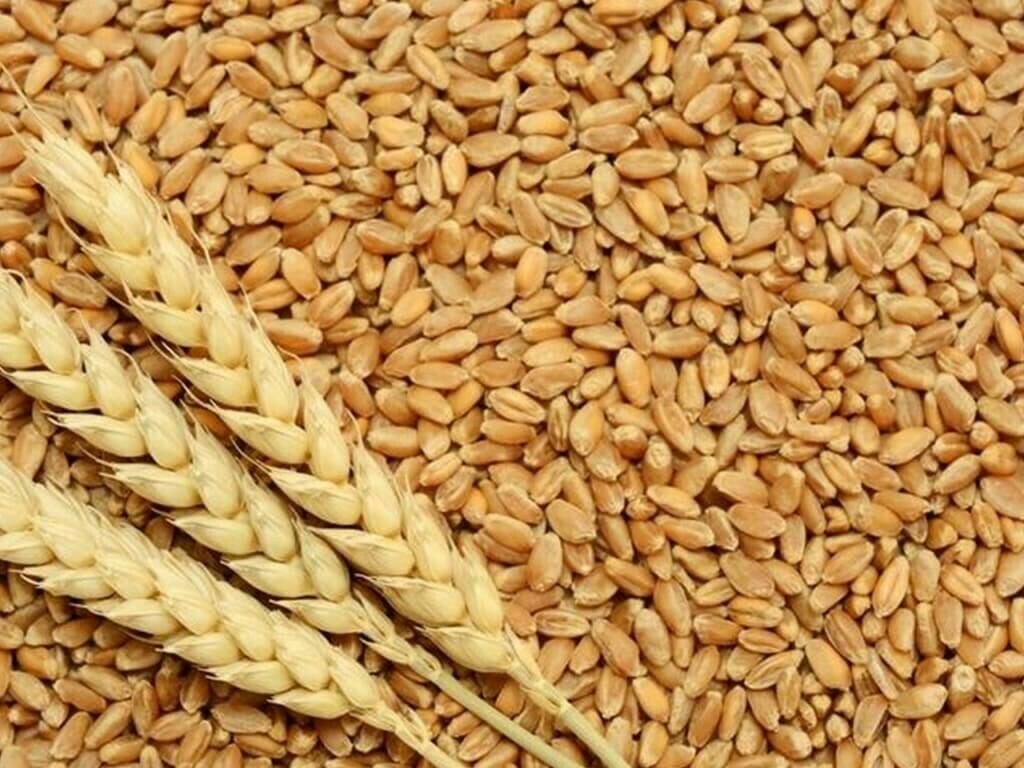India’s wheat donation aids nearly five million Afghans in dire need: WFP

Over the past year and a half, the Government of India has made a substantial donation of 50,000 metric tons of wheat grains to the United Nations World Food Program (WFP) in Afghanistan.
This donation has played a crucial role in providing food assistance to a significant number of people in the country, as reported by the WFP on Wednesday via its social media platform X.
The donation has allowed WFP to support more than one million people in Afghanistan in the current year and 4.7 million people in the year 2022. This aid has been particularly vital considering the challenging circumstances faced by the people in Afghanistan.
The Ministry of External Affairs of the Government of India stated that they decided to assist the Afghan people in response to the deteriorating situation in the country. India has been actively involved in providing humanitarian aid to Afghanistan during this period.
India’s contributions included multiple shipments of humanitarian assistance, totaling 50,000 metric tons of wheat. Notably, a recent shipment of 10,000 metric tons of wheat was transported through the Shahid Behesti Terminal of Chabahar Port, emphasizing India’s commitment to helping the Afghan people, the statement said.
Five shipments of wheat were sent from India and were subsequently milled and fortified by Ten Afghan Companies, resulting in the production of 41,500 metric tons of wheat flour. This locally processed wheat flour was then distributed to vulnerable communities by WFP.
Milling and fortifying the wheat flour within Afghanistan had several benefits, including supporting the local economy, reducing the need for wheat flour imports, and expediting the delivery of food to communities in dire need.
Hsiao-Wei Lee, WFP Country Director in Afghanistan, expressed gratitude for India’s support, emphasizing that India’s contributions have been vital in reaching hungry families during times of heightened need.
Despite some progress in Afghanistan’s food security, a substantial portion of the population, including one-third of Afghans, continues to grapple with food insecurity. The World Food Programme (WFP) has been working diligently to provide emergency food assistance, aiding approximately 15.7 million food-insecure individuals in Afghanistan, with 7.7 million of them being women and girls, from January to November 2023.
Meanwhile, there are reports of people enduring dire humanitarian conditions during the harsh winter in Afghanistan. Simultaneously, the forced deportation of Afghan migrants from Pakistan and Iran has further exacerbated the country’s already challenging situation, highlighting the urgent need for assistance.
The combination of severe weather conditions and the displacement of Afghan migrants has created a humanitarian crisis, emphasizing the importance of international aid and support to address the pressing needs of the Afghan population.
Read also
Wheat in Southern Brazil Impacted by Dry Weather and Frosts
Oilseed Industry. Leaders and Strategies in the Times of a Great Change
Black Sea & Danube Region: Oilseed and Vegoil Markets Within Ongoing Transfor...
Serbia. The drought will cause extremely high losses for farmers this year
2023/24 Safrinha Corn in Brazil 91% Harvested
Write to us
Our manager will contact you soon



